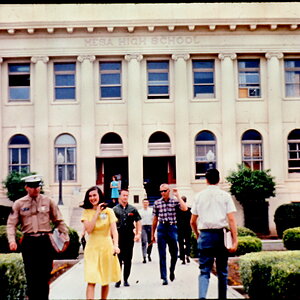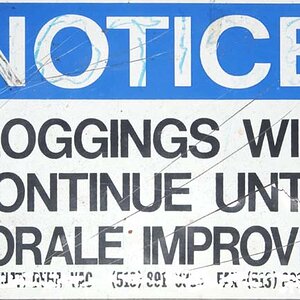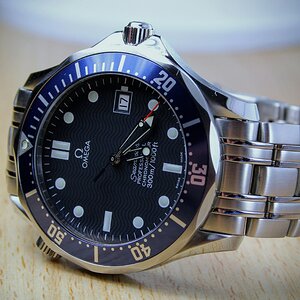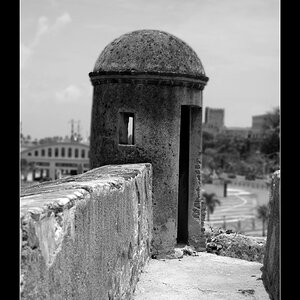- Joined
- Oct 16, 2012
- Messages
- 14,632
- Reaction score
- 7,562
- Can others edit my Photos
- Photos OK to edit
You've dipped your toes into a very deep and very vast world. I could write 2k+ words about the various types and uses of "film" lights but I have a meeting. 
I'll say like 90% of the things in life you get what you pay for. And with LED lights you pay for things like anti-flciker, high output and quality of light.
I'll say like 90% of the things in life you get what you pay for. And with LED lights you pay for things like anti-flciker, high output and quality of light.
Last edited:




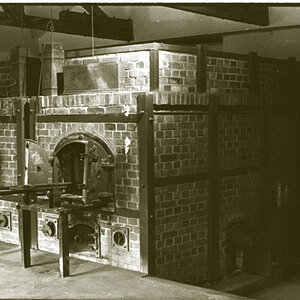
![[No title]](/data/xfmg/thumbnail/40/40287-4f839095000f74d779b90ed75df9dc62.jpg?1619739408)
